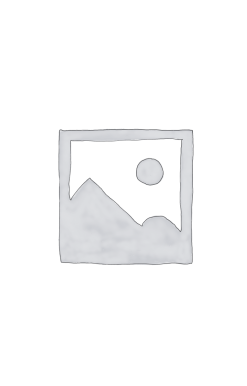
No Bad Parts: Healing Trauma & Restoring Wholeness with the Internal Family Systems Model
14.99 JOD
Please allow 2 – 5 weeks for delivery of this item
Add to Gift RegistryDescription
‘Innovative and transformational’ – Gabor Maté’Changed my life’ – Rangan ChatterjeeThe empowering new way to discover your multifaceted mind.Do you long to break free from a stuck part of you – the inner critic, ‘monkey mind’, a bad habit or an addiction? What if there was a way to approach those aspects of you, to free you from the constant inner struggle and find true healing?In this groundbreaking international bestseller, Dr Richard Schwartz reveals that we are each born with an ‘internal family’ of distinct parts within us. Some of our parts can become trapped in destructive patterns, but learning to relate to each of them with curiosity, respect and empathy can vastly expand our capacity to heal.The Internal Family Systems (IFS) model will help you challenge the destructive behaviour of these parts, turn the ego, the inner critic and the saboteur into powerful allies, and allow you to return to a more whole and harmonious ‘Self’.
Additional information
| Weight | 0.242 kg |
|---|---|
| Dimensions | 1.7 × 13.4 × 21.4 cm |
| Format | Paperback |
| Language | |
| Pages | 240 |
| Publisher | |
| Year Published | 2023-11-23 |
| Imprint | |
| Publication City/Country | London, United Kingdom |
| ISBN 10 | 1785045113 |
| About The Author | Richard C. Schwartz is a systemic family therapist and creator of the revolutionary Internal Family Systems (IFS) model of therapy. He is currently in the faculty at Harvard Medical School and is the author of No Bad Parts, Introduction to Internal Family Systems and You Are the One You've Been Waiting For. |
| Review Quote | 'Internal Family Systems (IFS) therapy…has been one of the great advances in trauma therapy. IFS is one of the cornerstones of effective and lasting trauma therapy.' |
| Other text | 'In this highly readable volume, Dr. Richard Schwartz articulates and deftly illustrates his Internal Family Systems model, one of the most innovative, intuitive, comprehensive, and transformational therapies to have emerged in the present century.' |




